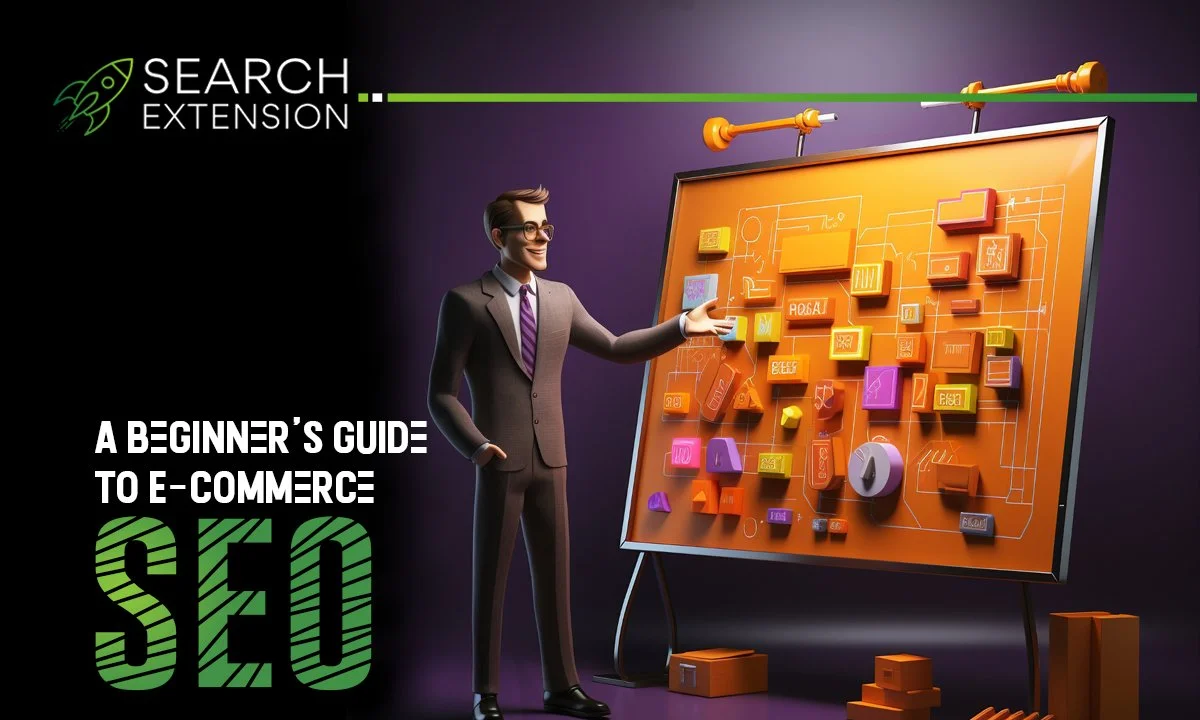Organic Lead Generation: Connecting with Potential Customers Naturally
Organic lead generation involves connecting with potential customers without relying on paid advertising. Instead of spending money on PPC ads or sponsored content, you attract leads naturally through channels like search engines and social media. When people find your content because they’re genuinely interested, you build relationships with them. These organic connections can lead to loyal customers who discover your brand on their own terms. So, rather than chasing leads, let them come to you!
Unlocking the Power of Organic Lead Generation
Organic lead generation offers several compelling advantages. Here’s why it’s worth your attention:
- Cost-Effective: Unlike paid advertising, organic traffic doesn’t require a financial investment. Your primary costs are the time and effort you put into the lead generation process.
- High-Quality Leads: When users discover your website through organic search, they often have specific intent. They might be comparing brands, evaluating services, or actively seeking to make a purchase. These motivated visitors are more likely to convert into leads.
- Sustainable Results: Evergreen content and automated marketing funnels drive long-term results. Unlike ads or sponsored content that require ongoing payments, organic strategies continue to deliver value over time.
Strategies for Organic Digital Marketing
Audience Research: Crafting a Winning Lead Generation Strategy
The foundation of any successful lead generation strategy lies in thorough audience research. By delving into various data sources, you can gain valuable insights into your ideal customer. Here’s how:
- Identifying Pain Points: Understand the challenges your potential customers face. What keeps them up at night? By pinpointing their pain points, you can tailor your solutions to address these specific needs.
- Analyzing Previous Solutions: Investigate the solutions your audience has tried before. What worked for them, and what fell short? Identifying gaps in existing offerings allows you to position your product or service effectively.
- Online Habits and Information Sources: Where does your target audience spend their time online? Are they active on social media platforms, forums, or industry-specific websites? Knowing their preferred channels helps you reach them more effectively.
- Influencing Factors: Understand the decision-making process. What factors influence their purchasing choices? Is it peer recommendations, expert opinions, or price considerations? Tailor your messaging accordingly.
- Buying Behaviours: Study their buying patterns. Do they make impulsive decisions, or are they methodical in their approach? Knowing their behavior helps you design compelling offers.
- Demographic Insights: Finally, consider demographics. Age, gender, location, and other factors play a crucial role. Use this information to create personalized content that resonates with your audience.
Search Engine Optimization (SEO) for Effective Organic Lead Generation
Organic lead generation hinges on harnessing organic traffic, and that means mastering search engine optimization (SEO). Here’s why it matters:
- SERP Visibility: When potential customers search for relevant terms, they encounter a search engine results page (SERP). The coveted first page of results garners significantly higher click-through rates. To generate more organic leads, your website must secure a spot on that prime real estate.
Content Marketing: Guiding Customers Along Their Buyer Journey
Content marketing is a powerful strategy that accompanies potential customers throughout their entire buyer journey. Here’s how it works:
- Quality Content: High-quality content serves as your ally. It supports and educates your audience at every touchpoint. By providing valuable information, you build trust and credibility.
- Audience and Keyword Research: Begin by understanding your audience deeply. What are their pain points? What solutions have they tried? Armed with this knowledge, conduct keyword research to identify relevant topics.
- Conversion-Driven Content: Your content should be conversion-focused. Rather than resorting to price cuts or excessive giveaways, create compelling material that nudges visitors toward becoming customers.
- Christopher Place Case Study: Take inspiration from success stories like Christopher Place. They achieved a remarkable 60% conversion rate from organic traffic without relying on discounts.
- Keyword Integration: Optimise your content by strategically incorporating relevant keywords. Whether it’s blog posts, videos, or white papers, these keywords attract search traffic seeking the answers you provide.
Social Media, Online Communities, and Guest Blogging: Amplifying Your Organic Lead Generation
- Social Media & Community Building:
- Share Your Content: Once you’ve crafted lead-generating content, don’t hesitate to share it on social media platforms. Use these channels to build brand awareness and foster a community around your business.
- Engagement Opportunity: Social media isn’t just about selling; it’s a space to engage with your audience. Answer customer queries, seek feedback, and understand their needs. As your social media audience gets to know, like, and trust your brand, they become more receptive to making a purchase.
- Guest Blogging & Content Partnerships:
- Broadening Your Reach: Publishing quality content on external platforms is a smart move, especially for early-stage businesses. Even if your target audience hasn’t heard of you yet, a thought leadership piece you write for an industry publication can pique their curiosity.
- Include Your Brand: When contributing content elsewhere, ensure you include your name or brand name along with a link to your website. This not only drives visitors to your brand but also boosts your content’s visibility in searches.
- Contests & Challenges:
- Contests and challenges are powerful tools for lead generation.
- Consider running raffle-style giveaways where customers can sign up using their email addresses.
- Webinars:
- Webinars provide an excellent opportunity to showcase your product and expertise.
- These informational presentations allow you to engage with potential customers and answer their questions.
- Remember that webinars should not be solely focused on direct sales pitches, although you can make offers during the presentation.
- Mobile Lead Generation:
- Given the prevalence of mobile browsing, optimize your lead generation forms and landing pages for mobile devices.
- Factors to consider include page speed, image size, and adherence to mobile display rules for your lead-generation campaigns
- Yes/No Forms:
- While everyone aims for a “yes” when asking visitors to subscribe to an email list, consider a clever twist: offer a “no” option as well.
- By providing a choice, you engage users and potentially increase conversions.
- Geotargeting:
- Geotargeting is a digital marketing strategy that tailors content based on users’ locations.
- Personalized marketing through geotargeting demonstrates that you understand and care about your customers’ specific needs.
- Page-Level Targeting:
- Similar to geotargeting, page-level targeting customizes lead-generation campaigns based on specific pages.
- When a customer explores a particular page, they likely have a specific interest or are at a certain stage in their buyer journey.
- Tailor your lead magnets or calls to action (CTAs) accordingly.
Conclusion
Organic marketing is a strategic approach that companies use to establish brand awareness and connect with potential customers. It relies on non-paid tactics to achieve these goals.



